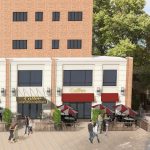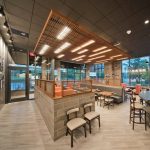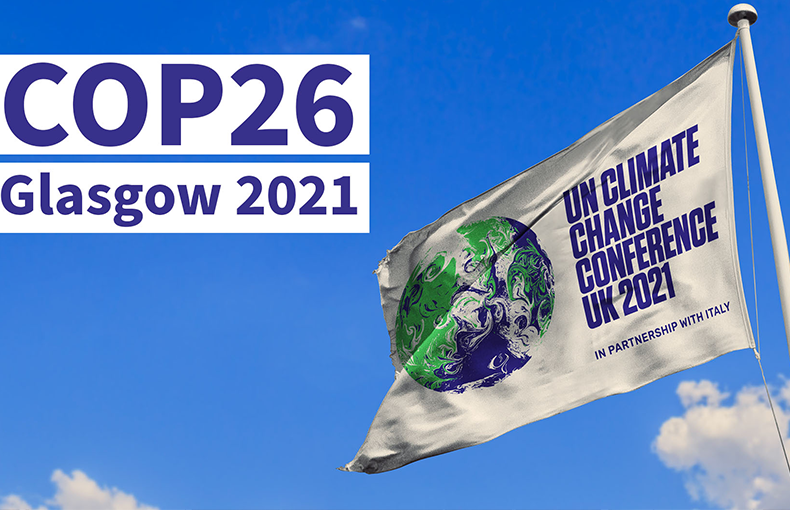Secret of Building New
Excerpt from an address delivered at January 2022 CSC Event
The start of the Twenty-First century has been particularly challenging. From tsunamis, hurricanes, earthquakes, and volcanic eruptions to new wars, mass migration, economic crises, and the rise of authoritarianism, we now live in uncertain times, I would not call these uncertain times “dark times,” though. Because these unfortunate events were also accompanied by many fortunate developments as well. And, in my view, these new positive trends continue to shine a bright light on humanity.
The pandemic lockdown that began in March 2020 gave many of us an opportunity to re-examine our lives. The combination of a deadly new virus, prolonged social distancing, and new government mandates stopped many of us hard in our tracks. Few of us had experienced a global pandemic – let alone one that spread so swiftly. There were very few precedents to guide us. Governments, industry, and researchers were compelled to seek new solutions, while the rest of us could only hope that those new solutions would work. Everyone knew that many things would need to change.
The Greek Philosopher Socrates once observed that “the secret of change is to focus all of your energy on building the new, rather than fighting the old.” Initially, I thought that the pandemic would force my architectural practice into a serious downturn. Store closures and social distancing meant less demand for new commercial development. But as more of us transitioned away from the office, focused new attention on our local communities, clients approached me with projects that would expand their homes so that they could work remotely.
For me, 2020 ended up being the year of large home additions and even “deck-to-living-room” conversions. And then, even more surprisingly, 2021 became a year full of new businesses. I designed medical offices, spas, co-working spaces, and stores. All of a sudden, there was an abundance of new energy, people looked to find better ways to live and – just as significantly – earn a living.
According to CNBC News, millions of Americans have yet to return to their pre-pandemic jobs. Many employers enhanced employment benefits to lure people back to work. Hourly wages increased. And in some sectors, they increased more than 10 percent. The economy as a whole ended up speeding up rather than slowing down.
In addition to increasing wages, the pandemic lockdown also encouraged many to change professions, improve their qualifications, start a business, or re-engage with their local communities.
People around the world have accepted the challenge, changed, and adapted. Many people in Europe and North America are vaccinated, and governments are now working to help countries in the developing world vaccinate their populations as well. We are learning how to live with Covid – how to focus on “building the new,” as Socrates said. And as we do, the consequences of the pandemic now appear milder and more manageable.
Our recent experience from the pandemic also carries important lessons for another – and much greater – Twenty-First Century challenge: climate change. According to the British Government, a 2-degree increase in global temperatures would jeopardize the food supply for hundreds of millions of people. A 3-degree increase would double the number of wildfires and hurricanes that we face each year while increasing droughts and heatwaves. At 4 degrees the seas will begin swallowing entire cities, with places like Miami, Alexandria, and Shanghai lost beneath the waves. “If we don’t solve this problem,” said British Prime Minister Boris Johnson during his speech in the Glasgow’s Conference on Climate Change, “it will be too late for our children to try to solve it.”
Recent Universal Studio’s film “Finch,” which stars Tom Hanks in the leading role, depicts a post-apocalyptic landscape where much of our planet is an uninhabitable wasteland ravaged by extreme weather. This frightening vision of the future may be dramatic, but it helps place the long-term threat of climate change in perspective. And if you’ve seen the film, you will know that is it also reminds us that we need to take steps now to build a safer, happier future for those we care about.
The pandemic taught us that we still have “agency.” We can adapt to change, find new opportunities, and reinvent ourselves in the process. And as the dominant species on Earth, we can leverage that insight to start making our planet greener, cooler, and more survivable. There is no need to be afraid of this challenge or other future challenges either. Instead, I prefer to think of its as an opportunity to lead with confidence, reinvent the old, and “build the new” as Socrates encouraged us to do.







